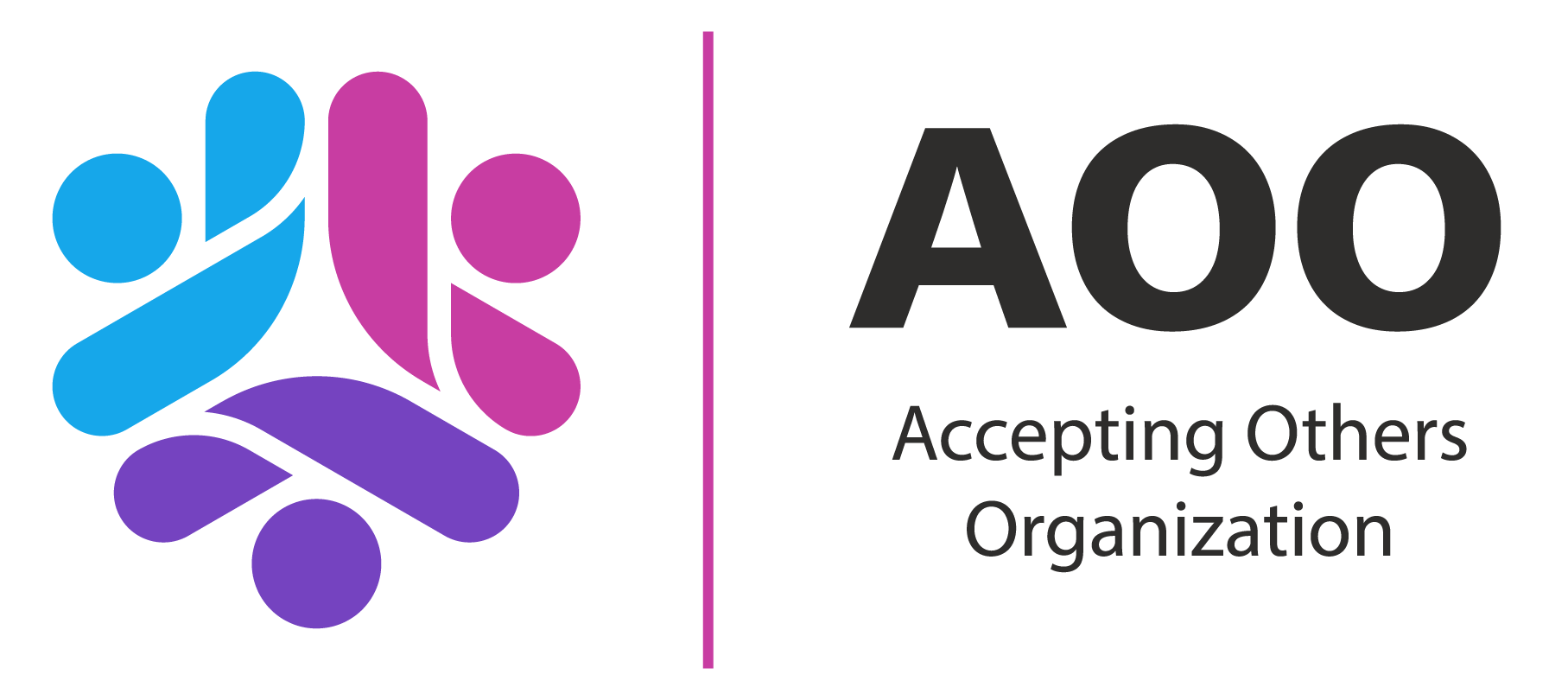
AOO Launches Protection Center in Sharia Camp for Yazidi Community
Introduction: As part of its ongoing commitment to support vulnerable communities affected by conflict and displacement, AOO is pleased to announce the opening of a specialized Protection Center within the Sharia Camp, dedicated to serving the Yazidi community. This initiative is aimed at providing crucial protection and information services to individuals who have endured the horrors of war and conflict.
Specialized Protection Case Management Services:
- General Protection and GBV Case Management Services: The Protection Center will offer specialized case management services tailored to victims of war and conflict survivors at risk of violence, exploitation, and abuse. Trained case managers will provide emotional support, recreational activities, and access to essential services while adhering to international protection principles and standards.
- Recreational Activities in Safe Spaces: Creating safe spaces for survivors is essential to reduce the stigma associated with seeking help. The Center will offer recreational activities to help individuals rebuild personal networks and regain a sense of normalcy in their lives, including Peer-to-Peer support.
- Referral Services: Timely and safe referrals to internal and external service providers are vital. AOO has established strong partnerships with the Directorate to Combat Violence Against Women (DCVAW) in the Kurdistan Region of Iraq to ensure comprehensive care and support for vulnerable groups.
Protection Information Services:
- Providing Information to Conflict-Affected Communities: Education and awareness about rights and entitlements are crucial for conflict-affected communities. The Center will provide individual information counseling, peer-to-peer support, and community outreach to disseminate this vital information effectively.
- Outreach and Mobile Interventions: Outreach and mobile interventions will ensure that information reaches even the most remote and marginalized communities, including female-headed households, child-headed households, the elderly, and persons with disabilities.
Conclusion: AOO remains committed to tailoring services for war-affected minorities and marginalized groups. By linking vulnerable cases with available services through referrals, we aim to ensure that victims of war and conflict survivors receive timely support. Our comprehensive approach to protection and information services is essential for the safety, well-being, and empowerment of those affected by conflict, particularly IDPs within the Kurdistan Region of Iraq.
Through collaborative efforts with stakeholders, AOO strives to create a society that values diversity, promotes inclusivity, and empowers women to play an active role in shaping their communities. We believe in the transformative power of community engagement and are dedicated to driving positive change on the ground.
Key Stakeholders
At AOO, we recognize the importance of collaboration and partnership with various stakeholders to effectively implement our programs and initiatives. Through our commitment to engagement and cooperation, we have developed strong working relationships with the following key stakeholders:
Government Authorities:
AOO collaborates closely with local and regional government authorities to obtain necessary permissions and ensure security for our projects. This involves working with ministries or agencies responsible for women’s affairs, social welfare, law enforcement, and local moktars.
Community & Leaders:
Engaging community members and leaders within Sharia IDP Camp and surrounding areas is essential. They play a crucial role in resolving local conflicts, addressing cultural norms, and promoting community cohesion.
International Organizations:
AOO has established partnerships with various international organizations and UN agencies in the past. For this project, we will work directly with the International Organization for Migration (IOM) to ensure effective information sharing and collaboration.
Beneficiary Communities:
We prioritize involving affected communities in project design, implementation, and evaluation to ensure that services meet their specific needs. Conducting community consultations, focus group discussions and feedback mechanisms helps us engage beneficiaries effectively.
Media and Communication Outlets:
Engaging media outlets and communication platforms helps raise awareness about our project’s objectives and impact, as well as advocating for gender-based violence (GBV) and protection services. However, we are committed to ensuring the privacy, confidentiality, and personal safety of our beneficiaries, and therefore, no photos or videos will be released without their written consent.
Engagement with these stakeholders is facilitated through various methods, including meetings, workshops, training sessions, and regular communication channels, both in-person and online. By considering the specific needs and priorities of our stakeholders in project design, we foster meaningful and sustainable relationships that contribute to the success of our initiatives.
